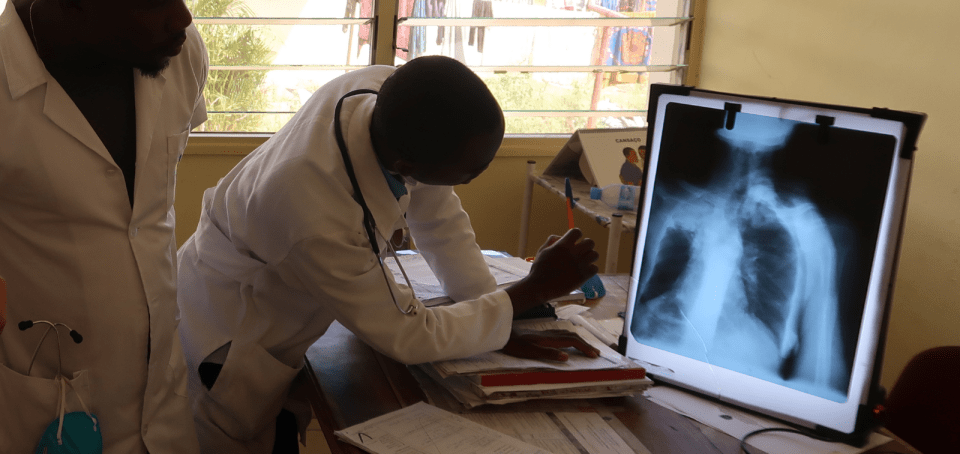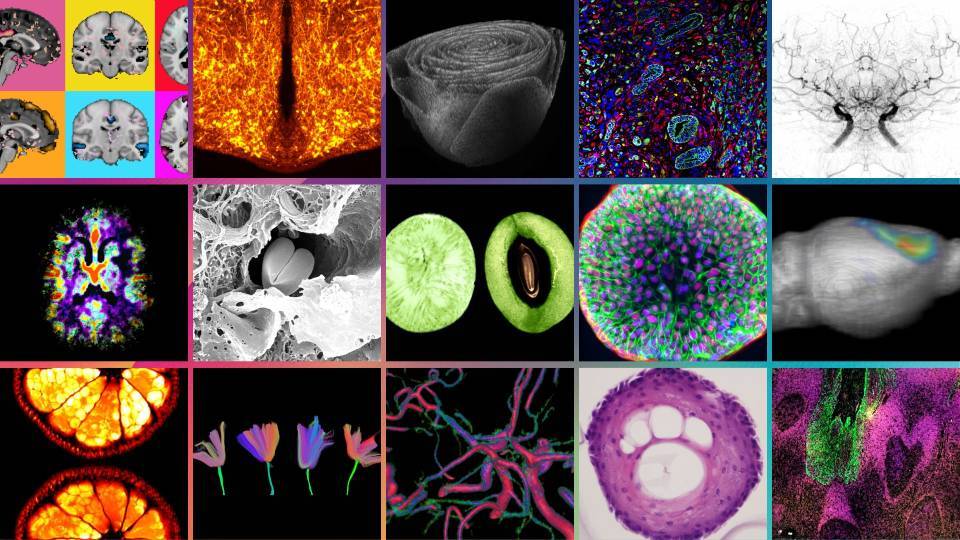Clinical intervention in the early phases of psychotic disorders is fundamental for preventing more severe clinical courses that imply worse progression and a greater impact on psychosocial functioning. Genetic variability is being studied as a promising modulator of prognosis. For this reason, it is necessary to consider the polygenic nature, in other words the involvement of multiple genes, of these clinical, complex and diverse phenotypes, to elucidate the mechanisms responsible for the progression of the disease from its earliest phases.
Within this context, a multi-centre study, within the framework of the FEPs Project, by Miquel Bernardo, leader of the IDIBAPS Schizophrenia group, has analysed the association between psychopathological and cognitive polygenic risk scores (PRS) and clinical progression following first-episode psychosis (FEP). Also participating in the study, published by the journal Psychological Medicine, were researchers from Bernardo’s group: Sergi Mas, as co-leader, Gisela Mezquida, Patricia Gassó and Miquel Bioque, as well as Elena de la Serna, researcher from the CIBERSAM and the IDIBAPS Child and adolescent psychiatry and psychology group, Eduard Vieta, head of the IDIBAPS Bipolar and depressive disorders group and of the Psychiatry and Psychology Service of the Hospital Clínic and Silvia Amoretti, a researcher from Vieta’s group.
The study included 233 people with a first psychotic episode beginning in adulthood with clinical and cognitive data that were collected over a period of 2 years, and 150 paired controls. Also, PRSs were used and analysed for schizophrenia, bipolar disorder, major depressive disorder, educational level, and cognitive performance to evaluate the genetic risk of presenting with a FEP and characterising its association with clinical status from the first (baseline) visit and at 2 years of progression.
The results suggest that the PRSs for schizophrenia, bipolar disorder and cognitive performance are associated with a greater risk of presenting with a FEP. Additionally, in individuals with a first psychotic episode, there is evidence of an increase in cognition PRSs in patients with a greater cognitive reserve. In this way, the PRSs that reflect a genetic predisposition to show better cognitive performance are associated with a better evolution of clinical symptomatology, of general functioning and an improvement in working memory. Finally, the data evidence that the PRS for depression is associated with a worse progression of patients’ general cognitive status and specifically of their executive functions.
The researchers conclude that “this study provides novel evidence of the polygenic bases of psychotic disorders and their association with the clinical manifestation of the first phases of the disease. The consistent effect of cognitive PRSs in early clinical progression suggests that the mechanisms underlying the psychotic episode and its severity could be partially independent".
Article reference:
Segura AG, Mezquida G, Martínez-Pinteño A, Gassó P, Rodríguez N, Moreno-Izco L, Amoretti S, Bioque M, Lobo A, González-Pinto A, García-Alcón A, Roldán-Bejarano A, Vieta E, de la Serna E, Toll A, Cuesta MJ, Mas S, Bernardo M; FEPs Group. Link between cognitive polygenic risk scores and clinical progression after a first psychotic episode. Psychol Med. 2022 Jun 9:1-14. doi: 10.1017/S0033291722001544.




